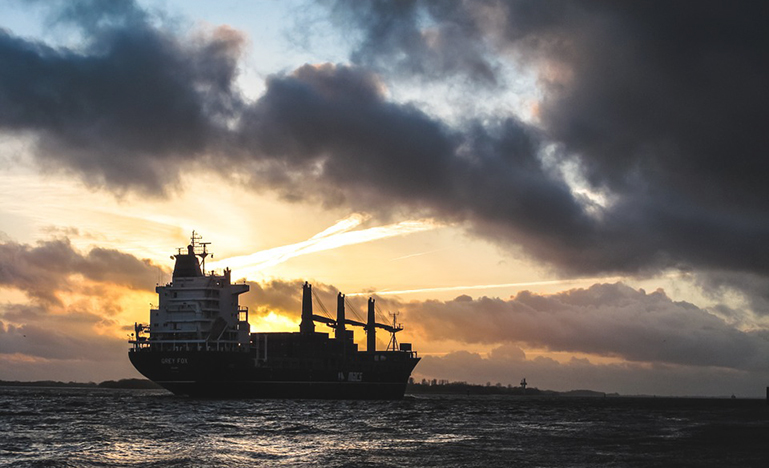The ban against oil tankers: Pleasing no one
The legislated moratorium comes at a time when pipeline capacity is particularly constrained in Canada, and the politics are sensitive.

Depending on how you view it, Bill C-48, which proposes to ban oil tankers from transporting crude oil along most of Canada's West Coast, either legislates a long-existing voluntary practice, thereby safeguarding coastal resources for generations to come, or threatens the very foundation of our confederation.
In substance, Bill C-48 places a moratorium on crude oil tanker traffic along the Northern British Columbia Coast. Part of Transport Canada’s Oceans Protections Plan, the bill largely consists of delineating the geographical scope of the prohibition, and instituting administration and enforcement mechanisms. The federal government has promoted the legislation as an effort to protect shorelines and coastal waters from the risk of potential pollution.
But the moratorium also comes at a time when pipeline capacity is particularly constrained in Canada. Many in Alberta see the bill as being a final nail in the coffin to bringing Western resources to tidewater. The Trudeau government has also drawn criticism for trying to appease certain political lobbies while doing little to safeguard marine resources.
Members of the Lax Kw’Alaams, a First Nations community located on the North Coast of B.C, are amongst the most outspoken critics of the proposed legislation. Elected band leaders have launched the Eagle Spirit Energy Proposal, which would see a pipeline corridor built between Alberta and B.C. The moratorium would make the future of that pipeline proposal uncertain, if not impossible, prompting the Lax Kw’Alaams to file a legal challenge. The band is arguing that Transport Canada neglected its duty to consult in proposing the legislation and that the bill undermines efforts of self-determination.
There are doubts the argument will succeed. In its ruling last year in Mikisew Cree First Nation v. Canada, the Supreme Court of Canada held that the duty of consult does not apply to the legislative sphere. Further, the government contends that they did consult with communities, even hereditary leaders within the band, who are favourable to the moratorium.
Conflicting interests within and amongst communities is why some prominent commentators have come out strongly against the bill. Senator Elaine McCoy, not pulling any punches, recently wrote:
Everyone agrees that the coast needs to be protected, but Bill C-48 doesn’t offer real-time protection. It allows the government to exempt, arbitrarily, any number of tankers from the ban. It does nothing to address other marine traffic that pose spill risks and have damaged coastal communities…This bill is not a moratorium so much as a cynical distraction from our real obligation. All Canadians must help save coastal communities and foster opportunities for all communities that aspire to build sustainable futures…Some politicians claim the moratorium is a fulfilment of the wishes of local Indigenous communities. Again, the government is selecting one group over another by siding with those communities that support the ban while ignoring those who oppose it.
Even those favourable to the bill have misgivings. Martha Hall Findlay, the CEO at the Canada West Foundation, notes that Canada has an extensive coastline that is unregulated. “The proposed Oil Tanker Moratorium Act would jeopardize economic activity in one part of the country while ignoring far greater, and arguably riskier, tanker activity in many other parts of Canada,” she writes.
The Sierra Club question what they see as the arbitrary weight threshold to which the moratorium applies. In their submission to the Standing Committee on Transport, Infrastructure and Communities wrote:
As a matter of law, the crude oil tanker ban proposed by the federal government would not actually ban crude oil tankers. Rather, Canada’s approach would prohibit vessels, including oil tankers, from entering or exiting ports and marine installations with a cargo of more than 12,500 tonnes of crude and persistent oil. In other words, under Canada’s proposed approach it would be legally permissible for tankers to export or import smaller cargos of crude oil in the oil tanker ban region, provided that each vessel stayed below the 12,500-tonne threshold. This raises the question of whether the threshold is strict enough to actually deter proponents from introducing large project proposals that would significantly increase marine shipments of crude oil in the region.
The bill encapsulates the frustration that many have come to characterize with the Trudeau government: an attempt to appease all parties by pleasing none.


